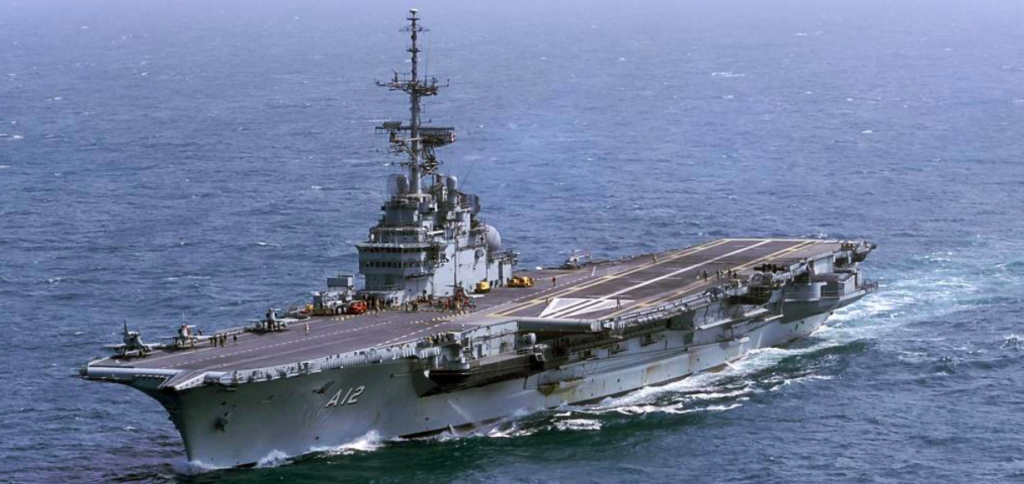“In view of the facts presented and the increasing risk involved in the towing task, due to the deterioration of the hull’s buoyancy conditions (…) it is not possible to adopt any other course of action than jettisoning the hull, through planned and controlled sinking” , explained the Navy and the Ministry of Defense, in a joint statement.
ADVERTISING
Two weeks ago, the Brazilian Navy announced that it would anchor the old ship at a point in the Atlantic Ocean, 315 kilometers from the country's coast. However, it clarified that it would not authorize its return to ports or Brazilian territorial waters.
Several NGOs then expressed their fear that Brazil would commit “a major environmental crime at sea“. The Robin des Bois association described the old ship as “a 30 thousand ton toxic package".
Built in the 1950s in Saint-Nazaire, in western France, the “Foch“, which served the French Navy for 37 years, will be sunk by a Dutch tug, contracted by the Turkish shipyard Sok Denizcilik.
ADVERTISING
The shipyard had purchased the aircraft carrier as scrap in April 2021 to dismantle it, but was at risk of abandoning it in the absence of finding a port to receive it.
In June 2022, the Turkish shipyard obtained authorization from the Brazilian authorities to take it to Turkey to be dismantled. But when she reached the Strait of Gibraltar at the end of August, Turkish environmental authorities reported that the vessel was no longer welcome.
The former glory of the French Navy, capable of catapulting aircraft weighing 12 to 15 tons at a takeoff speed of 278 kilometers per hour, had been acquired by Brazil in 2000.
ADVERTISING
Read also





